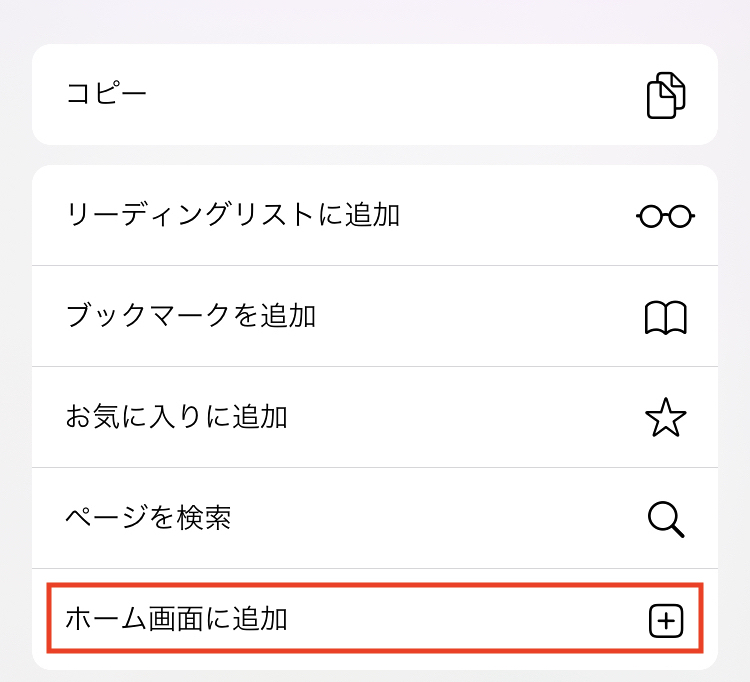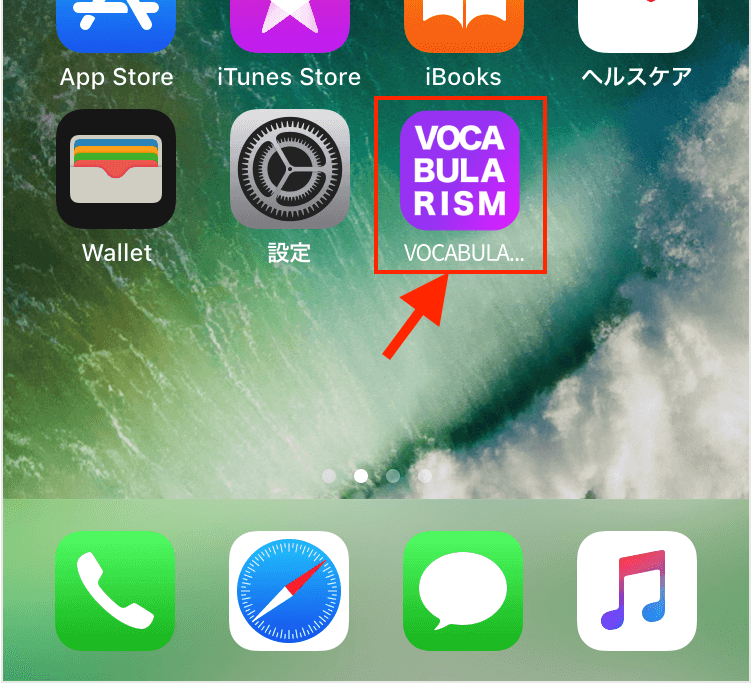Middle English: via Old French from Latin instantia ‘presence, urgency’, from instare ‘be present, press upon’, from in- ‘upon’ + stare ‘to stand’. The original sense was ‘urgency, urgent entreaty’, surviving in at the instance of. In the late 16th century the word denoted a particular case cited to disprove a general assertion, derived from medieval Latin instantia ‘example to the contrary’ (translating Greek enstasis ‘objection’); hence the meaning ‘single occurrence’
中世英語:ラテン語のinstantia「存在、緊急」から古フランス語経由、in-「上に」+stare「立つ」からinstare「存在する、押しつける」に由来する。原義は「切迫した、急を要する懇願」で、at the instance ofで存続している。16世紀後半、この単語は一般的な主張を反証するために引用された特定のケースを表し、中世ラテン語の instantia「反対の例」(ギリシャ語の enstasis「異議」の訳)から派生し、それゆえ「単一の発生」の意味を持つようになった。

 Aiko先生
Aiko先生



































